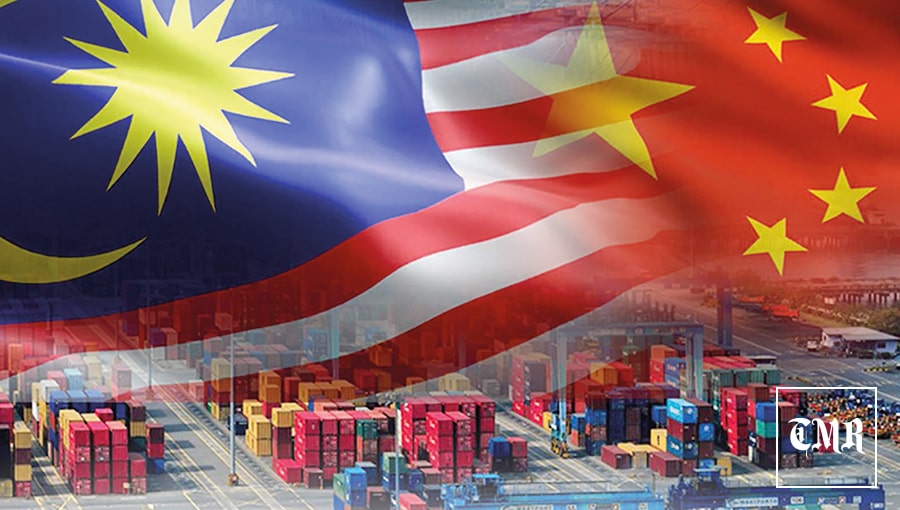
China’s consul-general in Kuching also revealed that Malaysia welcomed over 3.8 million Chinese visitors last year – double that of 2023
Bilateral trade volume between China and Malaysia hit a record-breaking US$212.04 billion last year, according to China’s consul-general in Kuching.
“This marks the 16th consecutive year that China has remained Malaysia’s largest trading partner,” said Xing Weiping at a Lunar New Year gathering organised by the United Chinese Association in Sibu on Saturday night.
Speaking on the growing exchanges between the two nations, Xing said that the implementation of visa-free policies had boosted travel significantly.
“In 2024, the number of Chinese visitors to Malaysia exceeded 3.8 million, more than double that of 2023,” he said, attributing the rise to the recent extension of visa-free stays for Malaysian citizens to 30 days
Against this backdrop of strengthened ties, China-Sarawak cooperation has also been steadily expanding, Xing said.
“Collaboration is now moving beyond traditional infrastructure to sectors such as green energy, equipment manufacturing, digital economy, and healthcare,” he said, adding that more Chinese enterprises were recognising Sarawak’s development potential and seeking opportunities for investment.
Xing expressed confidence in the future of bilateral cooperation, citing recent breakthroughs such as the first-ever shipment of 20,000 tonnes of methanol from Bintulu to China.
He also called on the Chinese community in Sibu to continue the pioneering spirit of their ancestors in fostering China-Sarawak ties.
“We hope the Chinese community will promote mutual cooperation, spread Chinese culture and strengthen friendships,” he said. “While achieving their own development, they will also contribute to building a China-Malaysia community of shared future, leading to the common prosperity of both nations.”
Xing recalled that in 1992, China President Xi Jinping, who was then the secretary of Fuzhou city’s municipal committee, led a delegation to visit Sibu, bridging the exchange and cooperation between “Big Fuzhou” and “Small Fuzhou (Sibu)”.
“Numerous Chinese enterprises, represented by Rimbunan Hijau Group and KTS Group, have persisted in establishing Chinese-language media, supporting Chinese education, and passing on Chinese culture,” Xing said.
“They have also opened a window for Malaysians to recognise China and the world.”
Source: SCMP
Share: